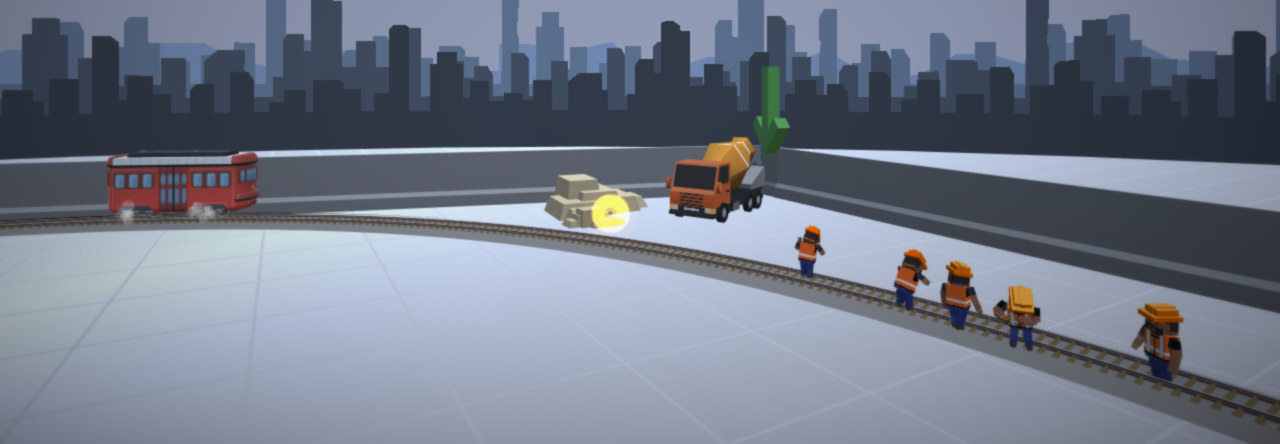Health care is an ever-expanding industry so it makes sense that the world of games and health will intersect.
For an introduction to the complexities of health care in the developed world and how we can start seeing how games can impact it watch this keynote by Ben Swayer at the most recent Games for Health – Europe conference.
General care
When it comes to general care there have been some attempts like WiiFit that brought the idea of games connected to health to the mainstream. The connection between professional game designers and health care practitioners can better bridge the divide between for-profit and for-health care. The ideal is people play games that are fun in itself, and it just so happens that the games are about (or for) healthy living.
Wii Fit in action:
There’s also games that help people stay fit through activity:
Zombies, Run is perhaps the best example of this:
Fitocracy a gaming-inspired approached to an online community about staying fit by being active.
Post-Traumatic Stress Disorder (PTSD)
Here’s a good video summary from an excellent New Yorker article on how PTSD is treated using virtual environments.
Games for research
Foldit is the most popular example of a game that uses players to research solutions that computers can’t solve. This game focus on the complexity of protein folding.
Phylo is another example of a game that uses the players of the game to compute complex information. The players assemble sequences of DNA for success!
*It’s also worth noting that health games and serious games (education) have a lot in common but I feel that is covered enough elsewhere on this blog.


You must be logged in to post a comment.